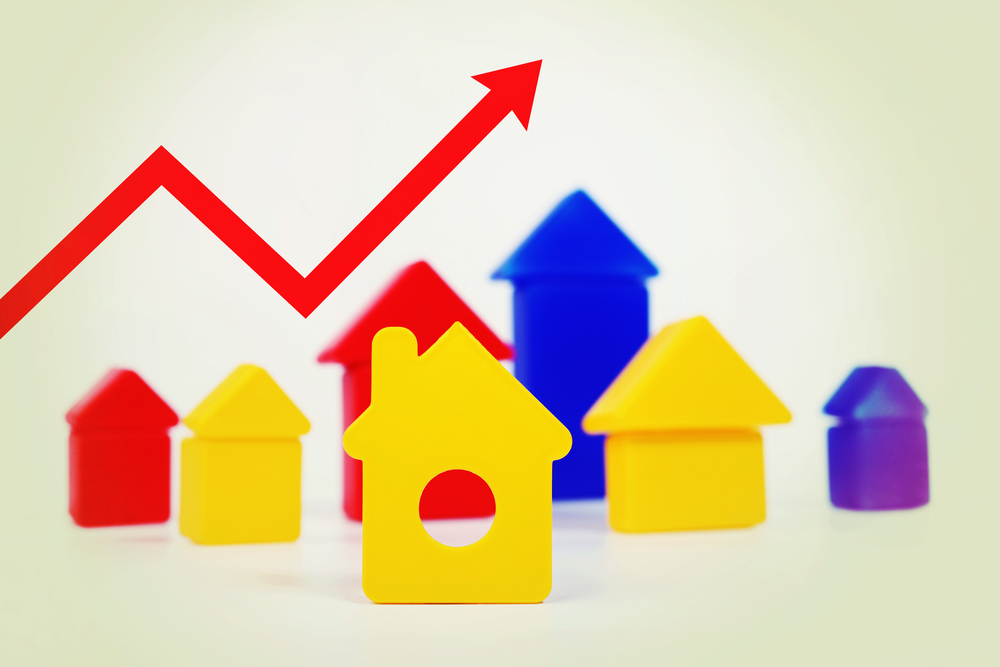 UK house prices rose for the second month in a row in July after falling between March and May, suggesting stability is returning to the market.
UK house prices rose for the second month in a row in July after falling between March and May, suggesting stability is returning to the market.
According to the latest Nationwide house price index, house prices rose 0.3% in July, lower than in June when prices went up 1.1%.
Annual house price growth rose 2.9% – taking the average price up to £211,671.
Nationwide said that the lack of homes on the market was supporting house prices, with property values expected to go up by 2% over 2017 as a whole.
Robert Gardner, Nationwide’s chief economist, said: “A lack of homes on the market appears to be providing support, with annual house price growth remaining only just outside the 3-6% range, that has been prevailing for most of the past two years.
“This pattern looks set to be maintained in the near term. Survey data point to relatively sluggish levels of new buyer enquiries, but at the same time surveyors report that relatively few properties are coming onto the market.”
Gardner said that housing market developments will ultimately depend on wider economic performance.
“While employment growth has remained relatively robust, household budgets are coming under pressure as wage growth is failing to keep up with the rising cost of living.
“This suggests that housing market activity is likely to remain subdued, with the balance in the market shifting a little further towards buyers in the quarters ahead.”
Jeremy Leaf, north London estate agent and a former RICS residential chairman, said: “Although these figures on the face of it look quite encouraging when one considers the fall in transactions, it is clear that prices are being supported by a lack of property on the market. We would have expected transactions in particular to be higher compared with last year bearing in mind how much quieter the market was 12 months ago following the introduction of the stamp duty surcharge.
“On the plus side, activity could be much lower considering current political uncertainty and fortunately there does seem an enthusiasm among serious buyers and sellers to get on with the job in hand. The current climate is also providing an opportunity for first-time buyers at least to better compete for smaller properties.”
Mortgage approvals fell to a nine-month low in June, a further sign the housing market is losing momentum.
According to figures from the Bank of England, mortgage approvals for house purchases fell from 65,109 in May to 64,684 in June.
This is the lowest figure since last September and around 4,000 lower than in January.
Howard Archer, chief economic adviser to the EY ITEM Club, said the figures from Nationwide reinforced the suspicion that the 1.1% jump in house prices seen in June was largely a correction following falls in the previous months.
Archer said: “Housing market activity is currently lacklustre and stuttering amid weakened consumer fundamentals.
“House prices look unlikely to rise by more than 2% over 2017, and could well be essentially flat over 2018. The fundamentals for house buyers are likely to remain weak over the coming months with consumers’ purchasing power continuing to be squeezed by inflation running higher than earnings growth. Additionally, housing market activity is likely to be hampered by soft consumer confidence and limited willingness to engage in major transactions.”




